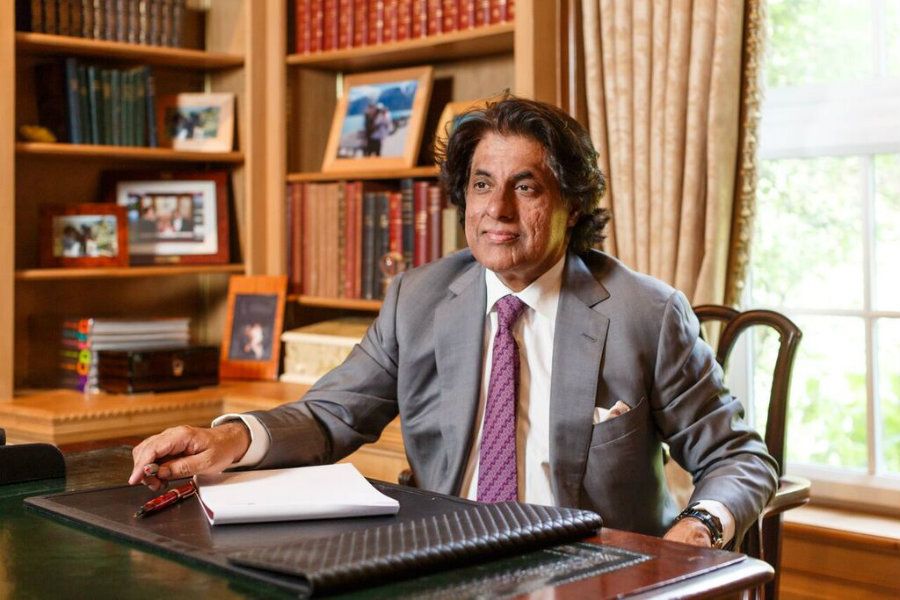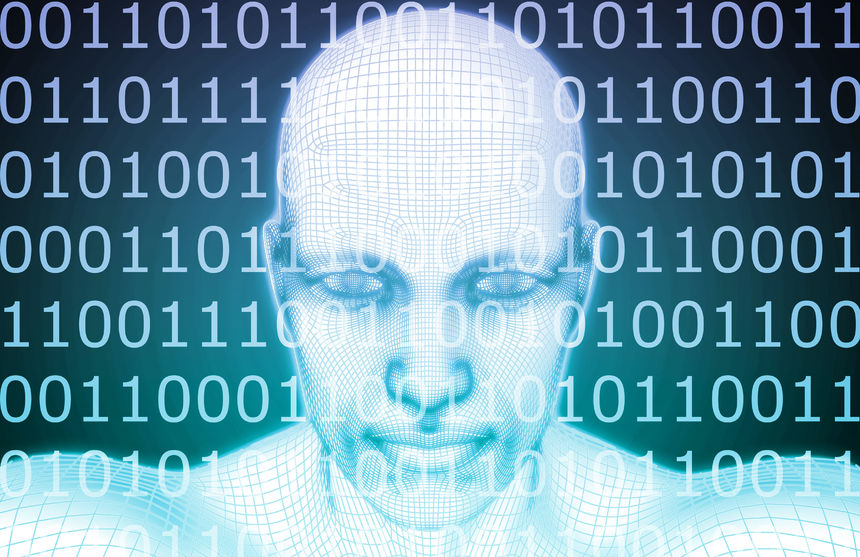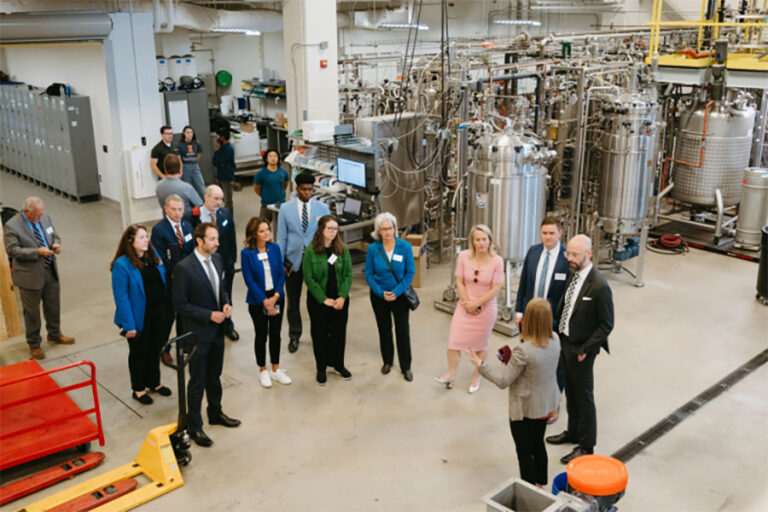With AI becoming increasingly complex, why are we so eager to replace ourselves—should we be focusing instead on how AI can solve the world’s problems?
Only recently, two of the biggest names in AI development, Facebook’s Mark Zuckerberg and Tesla CEO Elon Musk, clashed over their very different visions of the future of AI.

Musk’s stark warnings about the danger posed by intelligent technology are not shared by Zuckerberg, but they chime with the current tendency for overblown scare stories on the topic of AI.
The rise of the machines may make for good headlines, but it paints an entirely negative portrait of technological progress, and helps to obscure the massive potential that advancements in AI are capable of delivering.
In fact, Facebook’s approach to AI does often stray onto the wrong path, although not in the way that Elon Musk believes it does. As their development of smart technology progresses, Facebook rely less and less on human input, and increasingly on algorithms. Facebook’s algorithms are currently capable not only of reminding you of events such as friends and acquaintances birthdays, but of responding to these events with prepared messages.
All of these tools are, of course, created with only the best of intentions, but they demonstrate how often we allow our focus to narrow. One day, not too far from now, smart technology may well be capable of carrying out all our human interactions and communications for us, predicting every incoming signal and creating a response without us every becoming involved—but is this really what we should be aspiring to?
Does this not simply risk making our everyday lives redundant, when AI carries the potential for so much more? The real hurdle to creating AI for the betterment of humanity isn’t the danger posed by killer robots ripped from the pages of science fiction—it is that in our desire to make life easier for ourselves, we forget that we could instead angle our technological aspirations towards making it better for others.

Anyone familiar with my work, whether it is as co-founder of the Tej Kohli Foundation or through my investment company Kohli Ventures, will know of my firm belief in the need for further research, innovation and discovery in the field of AI, but too often this capacity for innovation is focused in the wrong direction—aimed inwards at replacing ourselves, rather than used to enhance and improve the world around us.
“The ways in which AI could improve our world are countless—in fact there is barely any issue facing our world today that AI couldn’t play a valuable part in the fight against.” Tej Kohli.
In the field of space exploration, AI technology is being used to develop autonomous craft capable of exploring some of the most inaccessible and inhospitable corners of our solar system – potentially transforming our understanding of the cosmos. In medical technology, deep learning algorithms have proven incredibly efficient at diagnostic tasks and could potentially be used to develop ground-breaking new cancer drugs.
Even the fight against climate change could benefit from the development of AI, with smart cities and technologically advanced resilient infrastructure offering the opportunity to reduce our footprint upon the planet.
It is these outward looking, forward facing projects that must be the primary focus of AI research and development. Of course, making the everyday activities of life a little easier for ourselves is not necessarily a bad thing, but we should not eradicate the moments of interaction and communication that build up the rich tapestry of our lives—especially not when that same technology could be harnessed to elevate all of us![]()
Tej Kohl, co-founder of the Tej Kohli Foundation, entrepreneur and philanthropist









